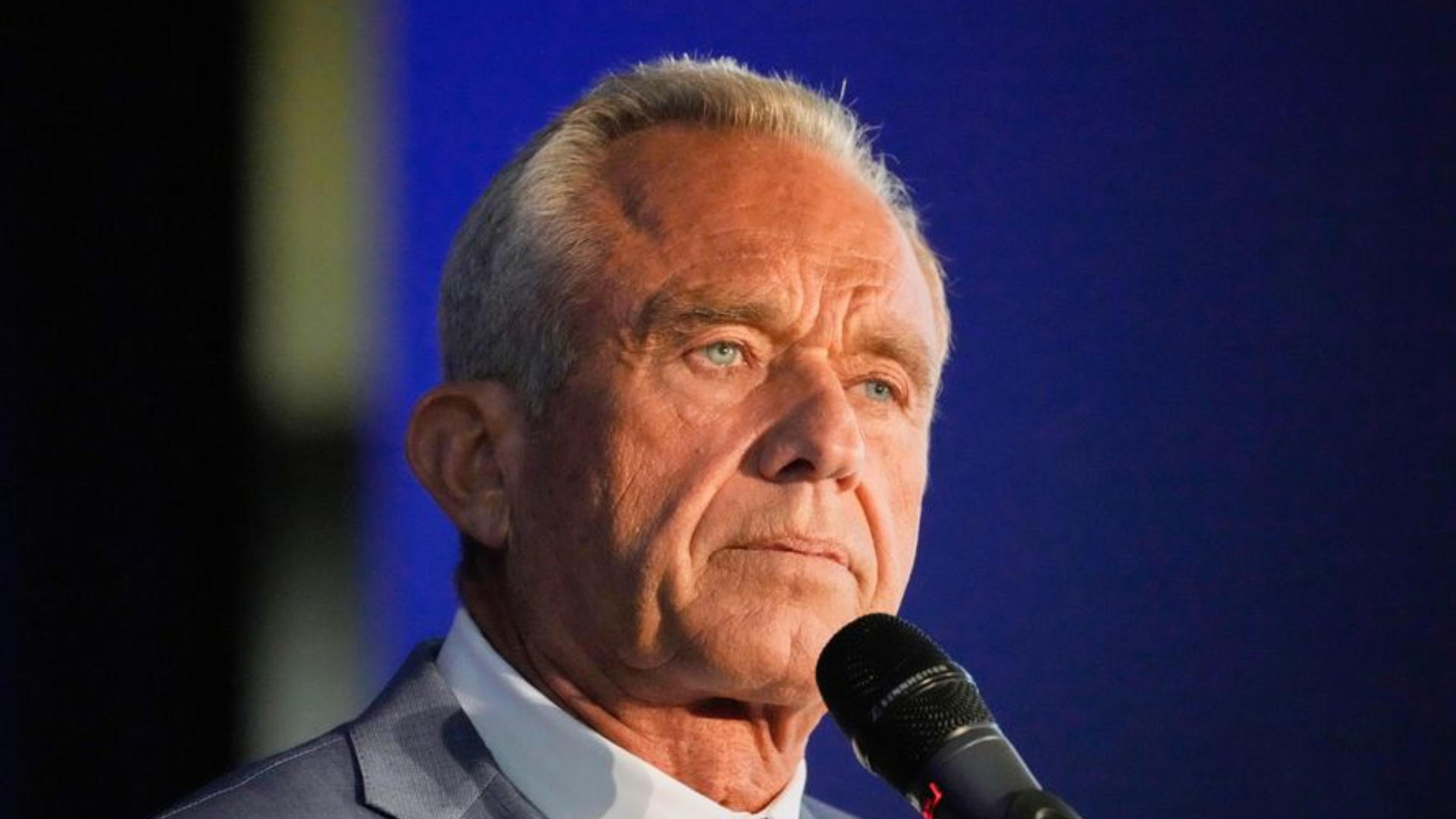WASHINGTON — (CNN) Global gloom is raising eyebrows at the Federal Reserve.
At the end of its two-day meeting Wednesday, the U.S. central bank acknowledged that the U.S. economy lost momentum at the end of 2015.
“Economic growth slowed late last year,” the Fed’s committee said in its statement, noting that the job market had improved.
In a widely expected decision, the Fed’s committee also decided not to raise its key interest rate. Just a month ago, in December, the Fed raised rates for the first time in nearly a decade.
Despite its worries, the Fed stopped short of saying that the volatility in January will change its plans to raise rates at least four times for the rest of 2016. The committee noted that it’s “monitoring global economic and financial developments.”
It’s worth remembering that after stocks tanked in late August, the Fed didn’t raise rates in September. So far, the Fed hasn’t indicated it is is changing its mind.
U.S. stocks didn’t react well to the Fed’s statement. The Dow, which was up about 10 points before the release, dropped down 230 points points after the Fed’s announcement.
The Fed’s acknowledgment that the economy slowed down is a subtle sign that the committee might lower its rate hike expectations too, said Jason Pride, Director of Investment Strategy at Glenmede, a wealth management firm.
“They’re publicly acknowledging that the growth rate is coming in slower than their expectations,” said Pride.
The fall in oil prices and uncertainty over China’s economic slowdown remain major concerns across financial markets. Global currencies — from Russia’s ruble to China’s yuan — have tumbled, stoking fears of a global “currency war” where countries continuously devalue their currency to stay competitive with their exports.
The Dow and S&P 500 are down 8% and 7% so far this month, respectively.
Some experts argue that part of the turmoil stems from the Fed. Its committee, led by Chair Janet Yellen, estimated in December that it would raise interest rates about four times this year. Markets don’t really believe that’s possible: many investors believe the Fed will only raise rates twice this year.
Fed Vice Chair Stanley Fischer told CNBC in early January that “the market is underestimating where we’re going to be.”
But the stock market selloff has only worsened since he spoke and many on Wall Street doubt Fischer’s claim.
That disconnect — and uncertainty — between Fed expectations and the market’s is adding to the stock market turmoil, some say.
“The Fed is getting a lot of criticism that their policy is what’s causing this volatility,” says Michael Arone, chief investment strategist at State Street Global Advisors. “I just don’t think you can get to four rate hikes this year at least under current conditions.”
Almost no one expected a rate hike Wednesday, but the Fed next meets in March and that will be the first test for those diverging expectations. If the Fed wants to do four rate hikes in 2016, it will probably need to start in March.
Right now, markets only believe there’s a 38% chance of a March rate hike, according to CME Group.
The-CNN-Wire ™ & © 2016 Cable News Network, Inc., a Time Warner Company. All rights reserved. (Photo: CNN)





















